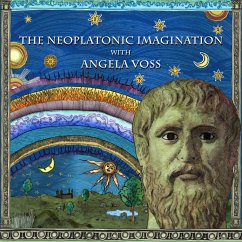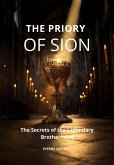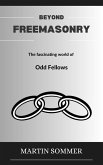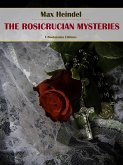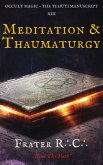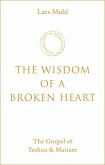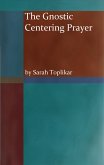These three mystical 'ways' of attaining divine knowledge-which are ultimately one-are important because they provide the raw material as it were for the underlying philosophy of the Western esoteric traditions. These hidden and initiatory undercurrents to exoteric monotheism have given rise to the practices of alchemy, astrology, Kabbalah and natural magic which were developed in the Renaissance period where they enjoyed an ambivalent relationship with Christianity. The translation into Latin of many hitherto unavailable Greek sources instigated a flowering of culture, a renewal of religious experience and a new emphasis on working with the divinity within nature and cosmos in practical ways to achieve gnosis, or spiritual knowledge.
- Session 1 - Plotinus and the Neoplatonic Cosmos
In this lecture we will introduce the most well-known of neoplatonists, Plotinus. His Enneads are a manifesto for a contemplative yet intensely intellectual path to transcendence and union with the divine. Plotinus was also one of the first philosophers to exalt the power of the imagination to its role of mediator between heaven and earth. - Session 2 - Iamblichus and Theurgy
In contrast, Iamblichus' path was one of ritual practice, and he developed the work of 'theurgy' or 'divine action' involving contacting the spiritual presences in nature and cosmos in order to raise the consciousness of the soul to remember its true identity. Iamblichus' use of symbolic objects and incantations as mirrors of divine ideas is based on the theory of sympathy and correspondence which is a feature of all Western esoteric traditions. - Session 3 - Hermes Trismegistus
Hermes was a mythical figure under whose name a body of texts was composed in the same period as our previous two philosophers. These texts are examples of initiatic practices combining Egyptian and Greek elements, and were to have great influence on the Renaissance ideal of human autonomy, as well as on the power of art to convey symbolic insight into the human condition.
Angela Voss, PhD, SFHEA is Programme Director for the MA in Myth, Cosmology and the Sacred at Canterbury Christ Church University, UK. She has studied and taught Western esotericism for over twenty years, and is also a musician and an astrologer. Her interest began with the Renaissance philosopher Marsilio Ficino, who was deeply indebted to both Plato and Hermes in his desire to renew the spirit of the Christian religion (see Marsilio Ficino, 2006), and she completed a doctorate on his astrological music therapy in 1992. She is now in the Education Faculty at Canterbury Christ Church, and is working within a transformative learning context, finding ways to bridge esoteric wisdom and reflexive scholarship. She has written extensively on Ficino, the symbolic imagination, music, astrology and divination, and she regards her vocation as a 'walker between the worlds', of spiritual experience and academic discourse.
Dieser Download kann aus rechtlichen Gründen nur mit Rechnungsadresse in A, B, CY, CZ, D, DK, EW, E, FIN, F, GR, H, IRL, I, LT, L, LR, M, NL, PL, P, R, S, SLO, SK ausgeliefert werden.

